Construction Divisions
We are the master builders
Services tailored for you.
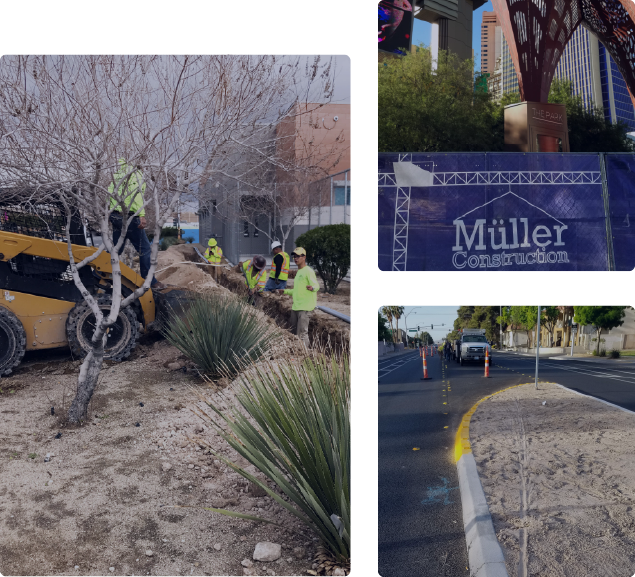
Building
We work on a variety of building projects, from new buildings to renovations of existing structures. Past Projects have involved both public and private agencies all throughout the Las Vegas Valley.
Ground Up
Construction of new building structures starting with foundations and utilities, continuing with vertical elements such as columns and walls, beams, roofing systems, enclosures and finishes.

Tenant Improvement
Alteration or remodeling of existing buildings or suites to accommodate new tenants or owners’ needs. This type of construction can involve all the same trades and procedures as Ground Up construction.
Civil
To further extend our construction experience, our company has been successfully executing numerous projects to improve the land that impulse our economy.
Road Improvements
Roadway improvement is an important part of our everyday safety and enhancement as a community. Projects in roadway include Roadway Restoration, Pedestrian Safety, Traffic Signal, Highway Improvements and Flat work Construction.
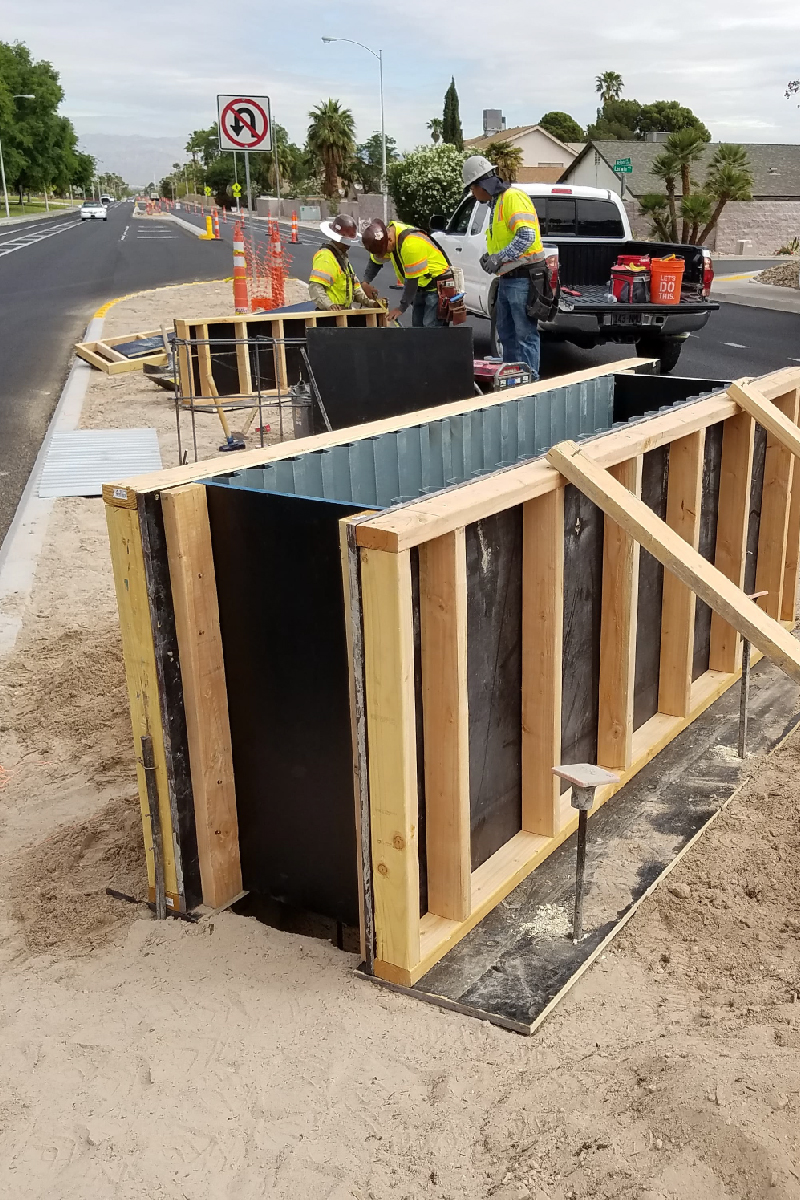
Underground
Underground construction include new water systems, gravity and pressure sewer systems, storm drain, water & oil separators which include all types of construction methods such as open trench, boring and soil stabilization.

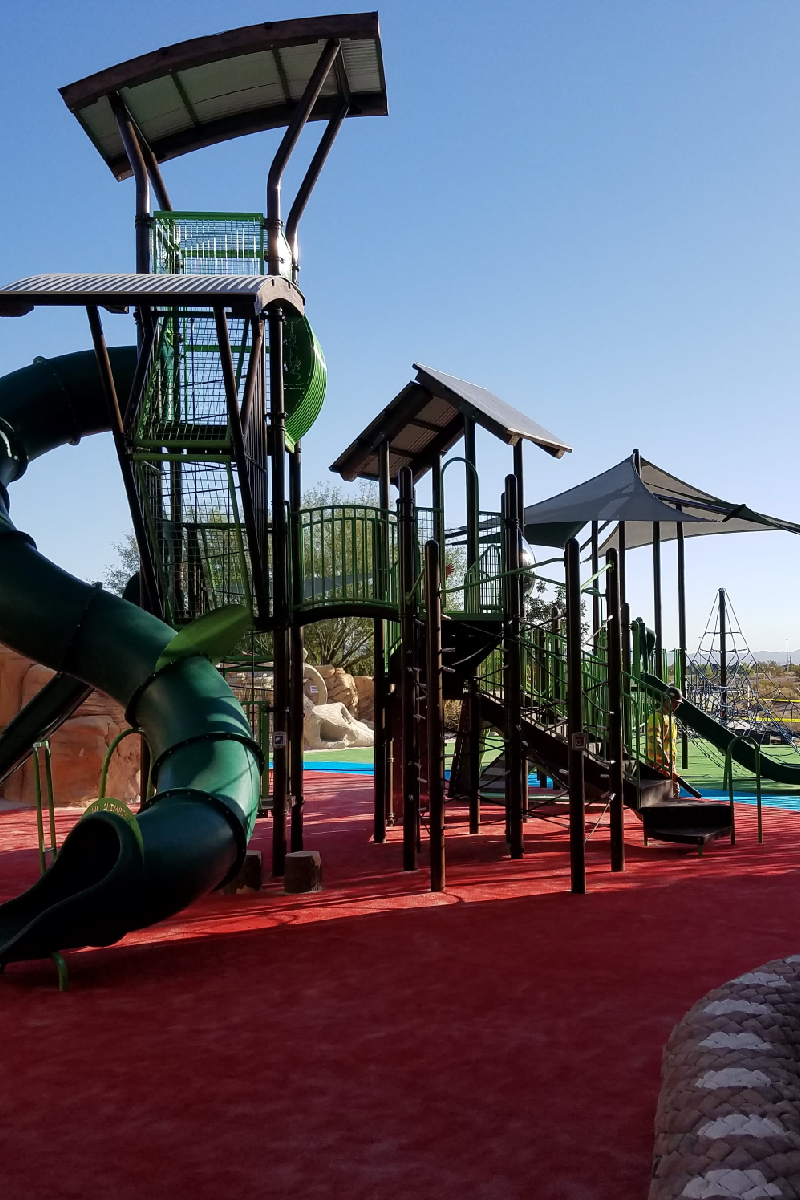
Parks & Recreation
With the ongoing expansion into parks and recreation, we are excited to become part of our outdoor activities which include Playgrounds, Splash Parks, Customized Faux Rock, Metal Sculptures, Iron Fence and Perimeter Security and New Trail Construction.

Infrastructure
Infrastructure is a key component which sustains and grows with our community, construction includes New and Existing Channel Construction, Pump Systems, Outfall Protection, and Water Work Restoration.
Management
Starting with the conceptual requirements from the owner, we can advise the best project delivery system based on the contract strategies, contractor selection and contracting type. Our team can provide design-phase evaluating cost, planification and a variety of alternatives which all give solutions for potential uncertainties and help reduce risk exposure.
Pre-Construction
We consider the preconstruction planning phase of any project to be as important as the on-site construction itself. Building the project on paper helps us analyze the constructability and effects of alternative materials, systems, equipment and labor. Attention to these details helps us find and fix flaws in designs, which will minimize uncertainties later.
Thorough planning will result in better final design integration and will also lead to more precise cost estimates. Helping owners understand project feasibility and timeframe expectations means a better project packaging strategy.


Risk Mitigation
We understand every project is unique and inconvenient situations may arise during every phase of the project. Planning to mitigate risk involves identifying all the stakeholders as well as all the potential events that could affect the course of the project. Reasonable valuation of every risk allows us to establish the likelihood and impact of each possible event. This helps determine what actions should be taken beforehand, and how resources should be allocated in case of any occurrence.
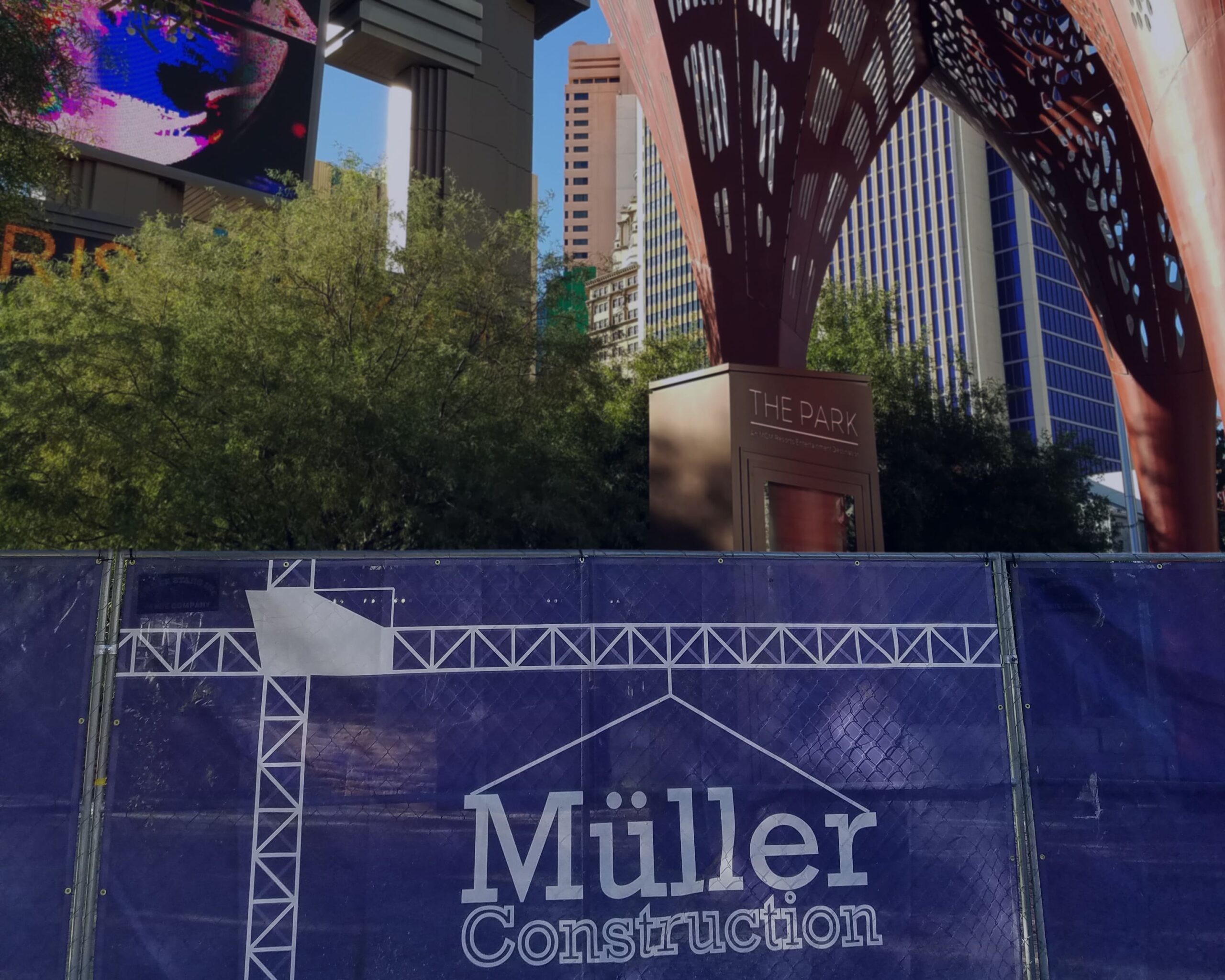



Contract & Scope Reviews
A core part of the bidding process is determining the intent of contractors’ proposals. This includes identifying the parties involved, determining reasonable and logical language, defining work terms, and the creation of a contract tailored in good faith. Contract documents are made to answer the questions “Who does what?” and “When is it done?”
De-scoping contractors is the process of filling gaps in scope that arise from listed exclusions on bidders’ proposals. These exclusions must be addressed early or there may be cost escalation and project delays when trying to complete the work later.
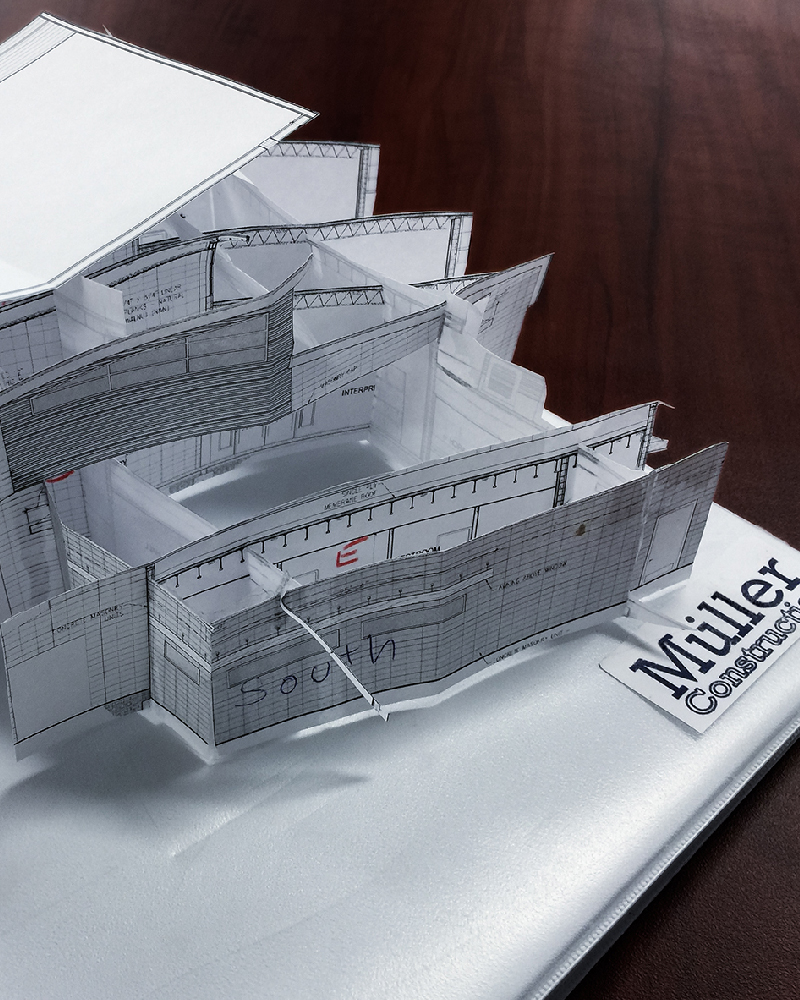
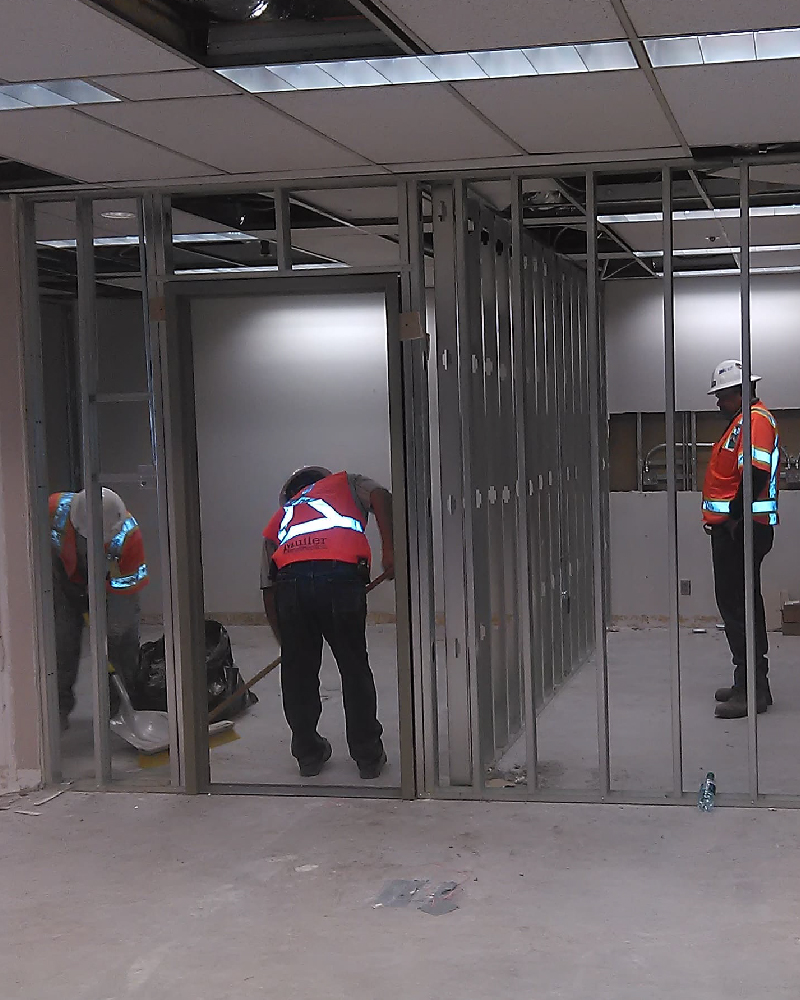
Planning & Scheduling
One of the common mistakes in our industry is to confuse the planning and the scheduling and vice versa. A good planning of the phases and dissection of the construction process are the basics to create a flow during the execution. Depending on the complexity of the project, our teams brainstorm for the basics of the planning which later will be translated in the scheduling process. This last part involves the Work Breakdown Structure (WBS) as well as the input of the Milestones to complete the project. More complex schedules allow to identify the usage of resources, calendars, etc.
Value Engineering
When assessing Value Engineering (VE) options, several questions should be brought to the table. What is it? What does it do? What if it is replaced? With rapid improvement and changes in technology, there are a variety of materials and systems which can mean several alternatives for any specific project design. Depending on the owner’s expectations and resources, there may be opportunities to minimize cost, improve time of construction, upgrade reliability, reduce maintenance frequency, improve the life cycle costing, recycling, sustainability, etc. The VE most important objective is to identify anything that add cost without contributing to the project requirements and could be substituted.


Cost Evaluation
One of the common mistakes in our industry is to confuse the planning and the scheduling and vice versa. A good planning of the phases and dissection of the construction process are the basics to create a flow during the execution. Depending on the complexity of the project, our teams brainstorm for the basics of the planning which later will be translated in the scheduling process. This last part involves the Work Breakdown Structure (WBS) as well as the input of the Milestones to complete the project. More complex schedules allow to identify the usage of resources, calendars, etc.


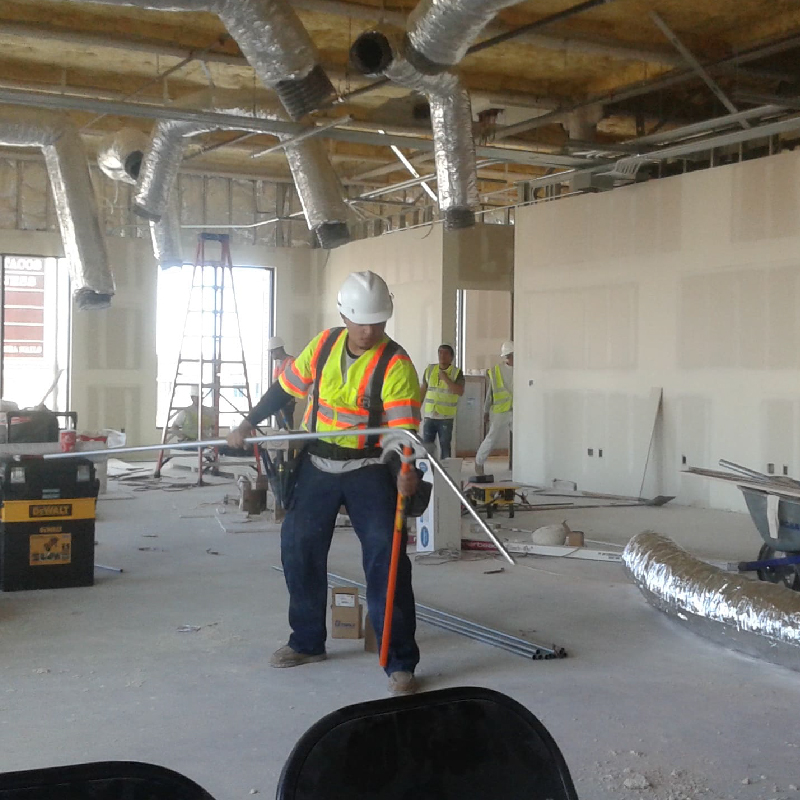
Safety Programming
Construction Safety Programs are paramount to any project. Starting at the preconstruction phase, all projects are evaluated and reviewed for compliance with State and Federal codes.

Specialties
As a General Contractor, Muller Construction understands the necessity of driving the schedule. One way to keep in control of major milestones is to self-perform certain specialty trades instead of relying on a subcontractor or outside labor. Muller has specialty licenses for several key trades, which means in addition to having the expertise to self-perform work, we can act as a subcontractor for other General Contractors.
Framing, Drywall, & Painting
Per Division 9 of the CSI, we offer services for the installation of wood and metal framed walls, grid ceilings, hard ceilings, drywall and painting.

Steel
Per Division 5 of the CSI, we offer services for structural steel or ornamental usage of metal materials on fixed structures.
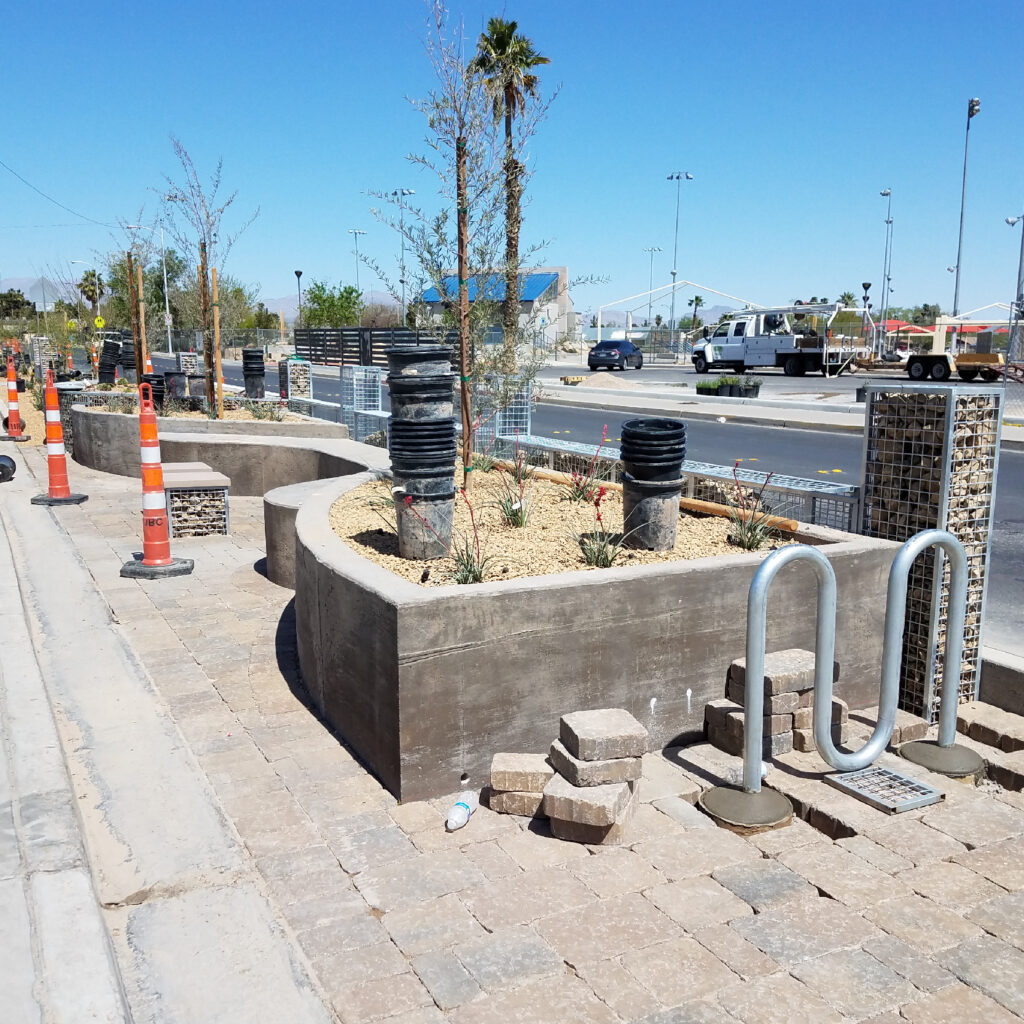
Concrete Construction
Per Division 3 of the CSI, we offer services which involve placing concrete. This includes concrete foundations, columns, walls, slabs on grade, sidewalks and other concrete appurtenances required for Building or Civil work.
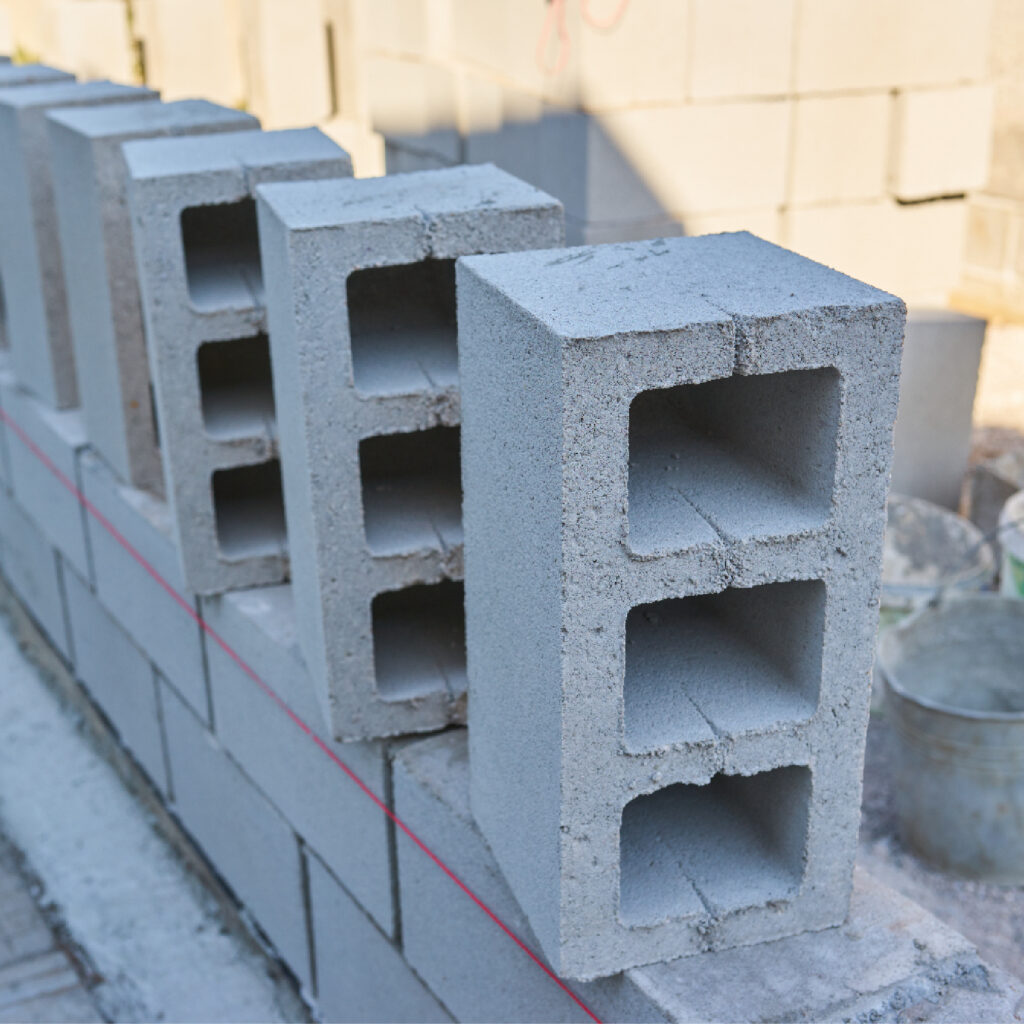
Looking for a quality contractor?
Look no further - hire us today!
